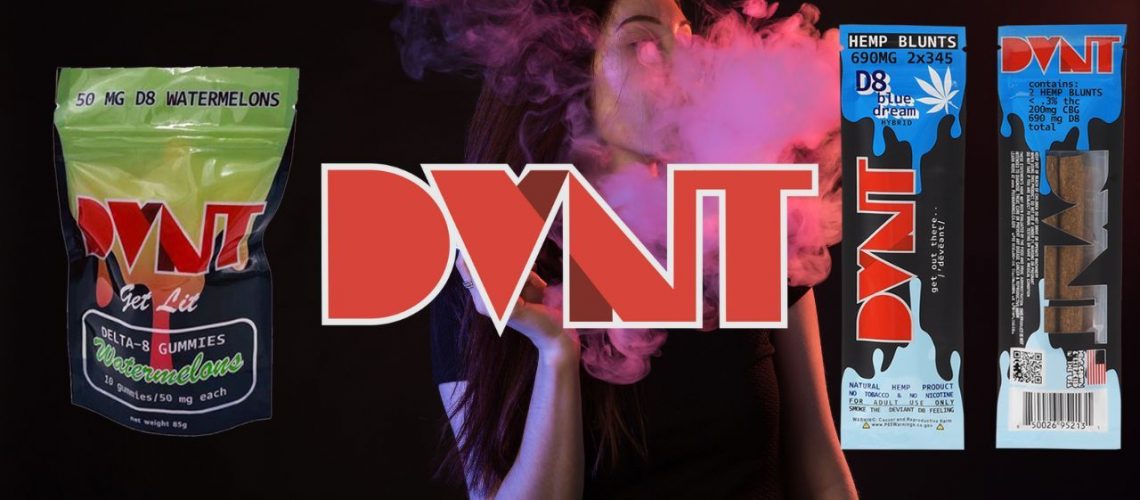THCP vs THC

THCP has made a huge impact as a new cannabinoid in recent years But what makes it so special? How does it compare to THC? Read on to learn everything you need to know about THCP vs THC. Be sure to try THCP for yourself with our Raspberry Blue Gummies.
Discovery:
THC was first discovered in the 1940s by American chemist Roger Adams. Though he discovered the legendary cannabinoid, he was unfortunately unable to isolate it. Decades later, in 1964, Israeli chemist Raphel Mechoulam successfully isolated THC. This was a pivotal move in the understanding of cannabis. The isolation spawned further research to better understand this captivating compound as the component of cannabis that produces a high.
Many years later, THCP was discovered by total accident in 2019 by a team of Italian researchers. They were analyzing the chemical makeup of medical cannabis, when they noticed THCP. This new cannabinoid only occurs naturally in trace amounts; less than .1% of the makeup of the plant. The scientists were then able to synthesize THCP in order to learn more about it.
Potency:
What makes THCP different than delta 9 THC is its chemical makeup. THCP contains two more carbon atoms than THC. These extra carbon atoms enable THCP to better attach to the cannabinoid receptors in the human body. The difference is extreme; THCP attaches to the CB1 receptors at a rate that is thirty-three times more efficient than THC. This means that THCP vs THC is much more potent.
The Italian researchers, led by Guiseppe Cannazza, discovered that THCP is more potent than THC even in smaller doses. Both THC and THCP are psychoactive cannabinoids, and scientists have even theorized that the small amount of THCP present in cannabis may be able to account for psychotropic effects that have previously been attributed to THC.
How It’s Made:
Both THC and THCP are naturally occurring cannabinoids; however, THC accounts for more of the plant’s chemical makeup than THCP. In the 1980s, the average content of THC in cannabis was just 3%! Today, THC presents itself as an average of 15% in cannabis plants. Strains typically range from 10% to as high as 30%. Hemp is legally classified as cannabis containing .3% or less THC.
Like I mentioned earlier, THCP exists in hemp and cannabis at less than .1%. This means that in order to generate enough THCP to actually use and sell, it’s much more efficient to make it than harvest it naturally. Most, if not all, of the THCP on the market comes from hemp-derived CBD.
Legality:
Legality is an interesting topic when it comes to THCP vs THC. Despite THC being illegal on a federal level in the US, it is legal in one form or another in the majority of US states. Medical marijuana is legal in fifteen states, while recreational and medical marijuana have been legalized together in another twenty states, plus the capitol.
For the rest of the country, the 2018 Farm Bill has resulted in a legal loophole that allows citizens to indulge in other psychoactive cannabinoids as long as they come from hemp. THCP would fall into this category, so it is technically legal on a federal level. However, many states have been pushing back against these THC alternatives. While THCP has not been explicitly banned by name (yet) in any state, some states have altogether banned psychoactive cannabinoids derived from hemp, or otherwise placed such limitations that THCP would be considered illegal there. As such, THCP is most likely illegal in:
- Alaska
- Arizona
- Arkansas
- Colorado
- Delaware
- Hawaii
- Idaho
- Illinois
- Iowa
- Kentucky
- Louisiana
- Maryland
- Massachusetts
- Michigan
- Mississippi
- Montana
- Nevada
- New York
- North Carolina
- North Dakota
- Oregon
- Utah
- Vermont
- Washington
Be sure to keep up to date with the laws in your state or any state you may be visiting.
Key Takeaways:
So the key difference you’ll want to be aware of in terms of THCP vs THC is definitely the potency. THCP has been found to be more potent, even in smaller doses, than THC. Both are natural cannabinoids, but most THCP is synthetic since it only occurs in such small amounts naturally. Which cannabinoid is more accessible to you on a legal scale depends entirely on which state you live in. If you’re looking to try this powerful new cannabinoid, check out our Raspberry Blue Gummies and experience this epic high for yourself. Just remember that edibles of any kind can take several hours to kick in, so be cautious before reaching for that second dose.
